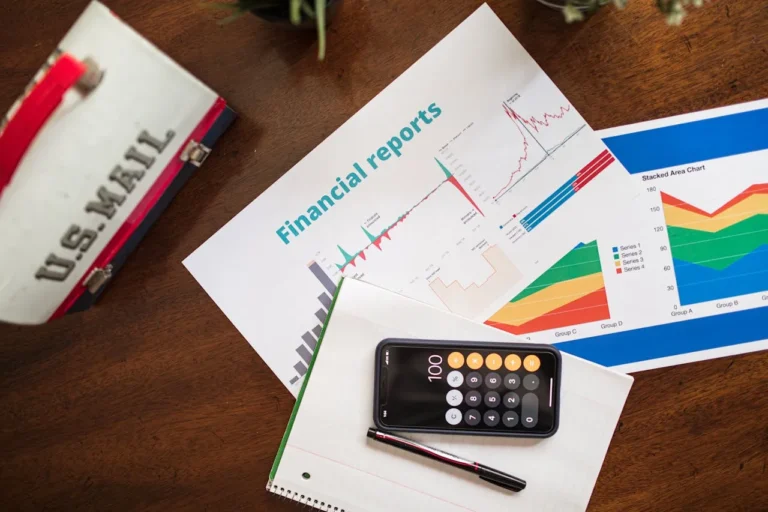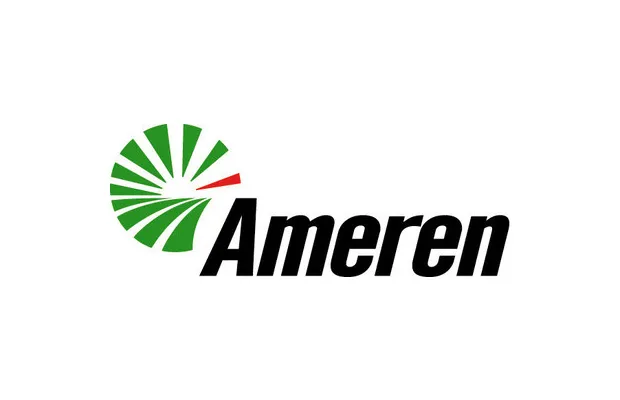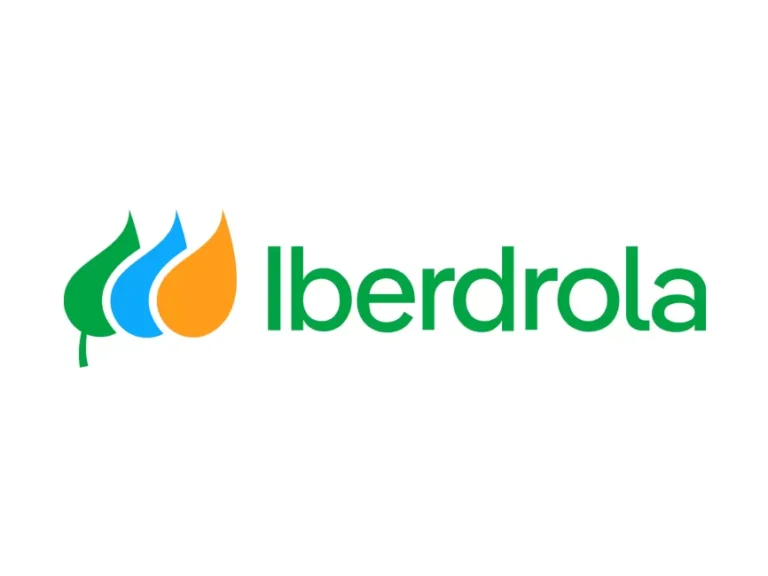
Threatening phone calls, fake webpages and bogus QR codes are among the growing list of tactics used by scammers, and while the methods may differ, the motive is always the same, which is to deprive customers of their money or personal information.
These expanding and increasingly sophisticated scam methods are why Duke Energy and Piedmont Natural Gas are partnering with the Better Business Bureaus of Upstate South Carolina, Eastern North Carolina, the Southern Piedmont and Western North Carolina to highlight Utility Scam Awareness Day on Wednesday, Nov. 15.
Recognized annually, Utility Scam Awareness Day was created by Utilities United Against Scams (UUAS), a consortium of more than 150 electric, water and natural gas companies and their respective trade associations.
In recent years, utilities have seen increased reports of their customers being contacted by scammers who pose as utility workers in an attempt to access their financial information or to obtain immediate payment by threatening service interruptions. These are known as utility impostor scams. The theme of this year’s campaign is “Screen the Search,” which reflects the rise in utility impostor scams through digital methods, including search engine-related scams.
So far in 2023, more than 77,000 scam attempts have been reported to Duke Energy. This figure is a decrease from 2022, which had more than 150,000 reported attempts at this same time last year.
The Better Business Bureau also reported an uptick in these types of scams in the winter and summer months, when people are most likely to need heat or air conditioning. Their 2022 Scam Tracker Risk Report found that of those who were victims of a utility scam, the average loss was $327.
In response to scammers targeting customers and calls received from concerned customers, Duke Energy launched the Scam Reporting Tool in March 2023. This tool allows customers to share their experience regarding attempted scams, with the information provided being used to help protect other Duke Energy customers.
“Just like the scammers who are constantly adapting, we must do so as well to protect our customers,” said Larry Hatcher, Duke Energy’s senior vice president for Customer Experience and Services. “The information we receive from our peer utilities, our call centers and online tool is vital in detecting rising trends and new techniques of those looking to scam our natural gas and electric customers.”
“Unfortunately, scammers are willing to try anything these days, and we know this time of year they focus on utility scams,” said Tom Bartholomy, president and CEO of the Better Business Bureau serving Southern Piedmont and Western North Carolina.
“At the BBB, we strive to provide consumers and businesses with as much information as possible about scams that have been reported to us via BBB Scam Tracker. Anyone can use this tool to not only report a scam, but also look up existing scams that others have reported. In conjunction with Duke Energy’s Scam Reporting Tool, there are many ways for us to get the word out about what to look for and how to stay safe from these bad actors.”
Duke Energy and Piedmont will always offer a variety of ways to pay a bill, including online payments, phone payments, automatic bank drafts, mail or in person.
Duke Energy and Piedmont will never:
- Specify how customers should make a bill payment.
- Threaten immediate service interruption. Customers with past-due accounts receive multiple advance notices, typically by mail and in their regular monthly bill.
- Ask for personal information or credit or debit card numbers over the phone, by email or in person – for either a payment or a refund.
If you need to make a payment online or via phone, refer to your most recent energy bill for the company website and contact information. Duke Energy customers are encouraged to download the Duke Energy application in the Apple or Google Play store for added security and convenience.
Know what to look for:
Threat to disconnect – Scammers often threaten immediate service disconnections. They ask for personal information or demand payment to prevent service interruptions.
Request for immediate payment – Scammers may instruct customers to make payments via prepaid cards, digital payment apps, cryptocurrencies or direct transactions with banking institutions. Duke Energy and Piedmont do not accept payments through the Cash App, Venmo or Zelle apps. (Customers can make payments directly via Duke Energy’s website, duke-energy.com, or mobile app. Piedmont customers can make payments directly via the Piedmont website, piedmontng.com.)
Promise of a refund or discount – Scammers prey on households with tight budgets. They will inform customers of impending refunds due to overpaid utility bills; however, they need banking information to process the refund. They also may claim that immediate bill payment will result in a discount or that a charitable donation can be made in exchange for a lesser bill payment.
Personal information – Scammers promise to mail refund checks for overpayments on a customer’s account if they can confirm their personal data, including birthdays and, in some cases, Social Security numbers.
Digital scam tactics – Sponsored ads on search engines that lead to identical – but fake – utility bill payment pages are on the rise. Scammers are also using QR codes that falsely claim to link to a utility payment page and texts pretending to be from a utility representative with a link to an impostor payment page.
If customers suspect someone is trying to scam them, they should hang up, shut the door or delete the email or text. They also should contact the utility immediately at the number on the most recent monthly bill or on the utility’s official website, not the phone number the scammer provides. If customers ever feel in physical danger, they should call 911.
More information is available at duke-energy.com/StopScams or piedmontng.com/FraudAlerts.
Duke Energy
Duke Energy (NYSE: DUK), a Fortune 150 company headquartered in Charlotte, N.C., is one of America’s largest energy holding companies. Its electric utilities serve 8.2 million customers in North Carolina, South Carolina, Florida, Indiana, Ohio and Kentucky, and collectively own 50,000 megawatts of energy capacity. Its natural gas unit serves 1.6 million customers in North Carolina, South Carolina, Tennessee, Ohio and Kentucky. The company employs 27,600 people.
Duke Energy is executing an aggressive clean energy transition to achieve its goals of net-zero methane emissions from its natural gas business by 2030 and net-zero carbon emissions from electricity generation by 2050. The company has interim carbon emission targets of at least 50% reduction from electric generation by 2030, 50% for Scope 2 and certain Scope 3 upstream and downstream emissions by 2035, and 80% from electric generation by 2040. In addition, the company is investing in major electric grid enhancements and energy storage, and exploring zero-emission power generation technologies such as hydrogen and advanced nuclear.
Duke Energy was named to Fortune’s 2023 “World’s Most Admired Companies” list and Forbes’ “World’s Best Employers” list. More information is available at duke-energy.com. The Duke Energy News Center contains news releases, fact sheets, photos and videos. Duke Energy’s illumination features stories about people, innovations, community topics and environmental issues. Follow Duke Energy on Twitter, LinkedIn, Instagram and Facebook.
Piedmont Natural Gas
Piedmont Natural Gas, a subsidiary of Duke Energy, distributes natural gas to more than 1.1 million residential, commercial, industrial and power generation customers in North Carolina, South Carolina and Tennessee. Piedmont Natural Gas has been named by Cogent Reports as one of the most trusted utility brands in the U.S. More information: piedmontng.com. Follow Piedmont Natural Gas: Twitter, Facebook.
Better Business Bureau
The Better Business Bureau has empowered people to find businesses, brands and charities they can trust for over 110 years. In 2022, people turned to BBB more than 250 million times for BBB Business Profiles on more than 5.3 million businesses and Charity Reports on about 12,000 charities, all available for free at BBB.org.
Source link: https://news.duke-energy.com/







